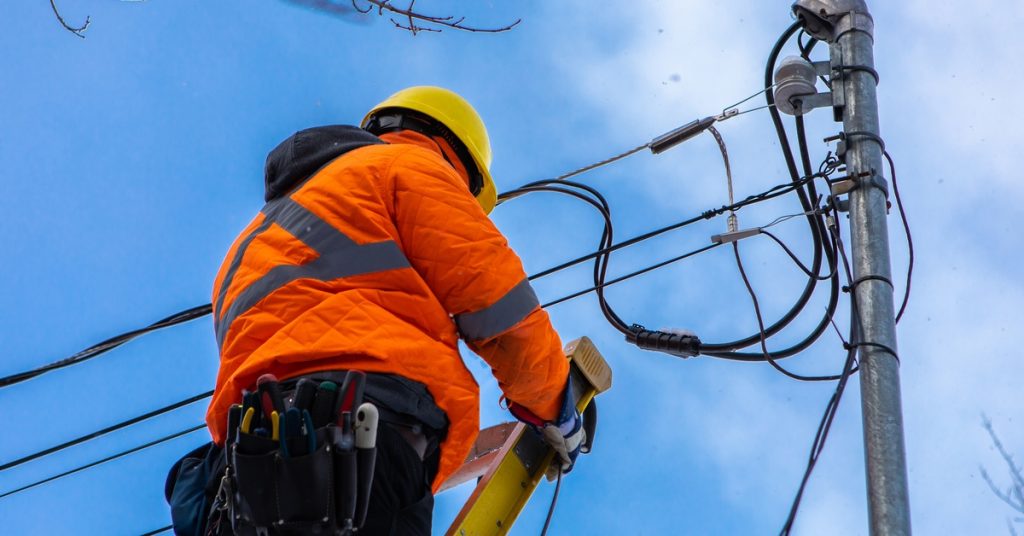Different Jobs in the Fiber Optics Industry

The fiber optics industry keeps expanding as more communities demand high-speed internet and businesses upgrade their networks. This growth creates numerous job opportunities for people with different skill sets and experience levels. The fiber optics field offers stable employment with competitive wages if you’re looking for a fresh start or a career switch.
From hands-on installation work to engineering positions, the industry needs workers at every level. Many positions require specialized training, but several entry-level roles can get you started without extensive experience. Take a look at a few different jobs in the fiber optics industry that might pique your curiosity.
Installation and Construction Roles
Fiber Optic Technician
These professionals handle the day-to-day installation and maintenance of fiber optic cables. They work indoors and outdoors, connecting cables to homes and businesses. The job requires physical stamina and attention to detail since even small mistakes can affect signal quality.
Cable Puller
Cable pullers assist with running fiber optic cables through conduits, underground passages, and building structures. This entry-level position often serves as a stepping stone to more advanced roles. Workers in this field benefit from following cable puller safety tips for fiber crews, which prevent injuries during installation projects.
Splice Technician
Splice technicians join fiber optic cables together using specialized equipment. This precise work requires steady hands and thorough training in splicing techniques. These professionals ensure that data flows smoothly between cable sections.
Engineering and Design Positions
Network Engineer
Network engineers design fiber optic systems for telecommunications companies and internet service providers. They plan cable routes, calculate bandwidth requirements, and troubleshoot network problems. This role typically requires a degree in engineering or telecommunications.
Project Manager
Project managers oversee fiber optic installation projects from start to finish. They coordinate between different teams, manage budgets, and ensure projects meet deadlines. Strong organizational skills and experience in construction or telecommunications help in this role.
Specialized Technical Jobs
Quality Control Inspector
Quality control inspectors test fiber optic installations to ensure they meet industry standards. They use specialized testing equipment to measure signal strength and identify potential problems. This role requires technical knowledge and certification in fiber optic testing procedures.
Field Supervisor
Field supervisors lead installation crews and ensure work sites operate safely and efficiently. They typically have several years of experience in fiber optic installation and possess strong leadership abilities.
Skills and Training Requirements
Most entry-level positions require:
- High school diploma or equivalent
- Physical ability to work outdoors and in confined spaces
- Willingness to learn technical skills
- Basic understanding of safety procedures
Advanced positions often need:
- Technical certifications from organizations like the Fiber Optic Association
- Associates or bachelor’s degree in relevant fields
- Several years of hands-on experience
- Leadership and project management skills
Job Market Outlook
The Bureau of Labor Statistics projects strong growth for telecommunications jobs through 2031. Rural broadband expansion programs and 5G network buildouts drive much of this demand. Companies actively recruit workers and often provide on-the-job training for motivated candidates.
Many employers offer competitive benefits packages, including health insurance, retirement plans, and opportunities for advancement. Union positions in this field typically provide additional job security and higher wages.
Community colleges and technical schools offer fiber optic training programs that typically last several months. These programs combine classroom instruction with hands-on practice using industry equipment. Some telecommunications companies also run their own training programs for new hires. If you’re considering a new career path, consider one of these jobs in the fiber optics industry.
